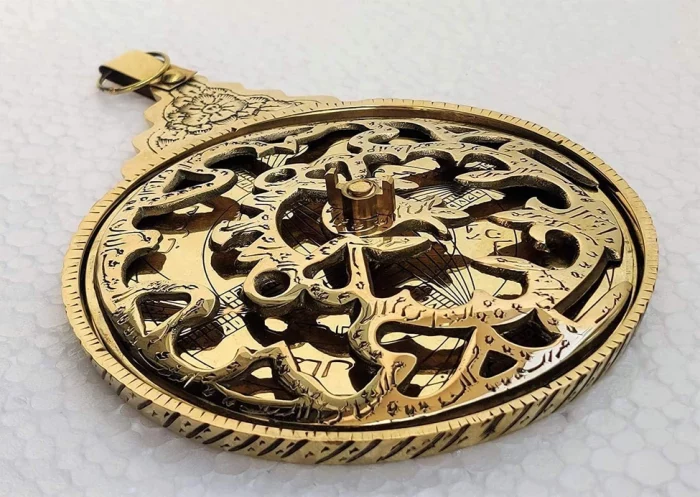Munificence – very generous in giving; lavish; characterized by great generosity
“[Longfellow] could not, he wrote his father, argue well enough to be a successful lawyer; he was not good enough to be a minister; and as to medicine, “I utterly and absolutely detest it.” He pleaded instead to be allowed to take a postgraduate year at Harvard to study literature – and write.
This vocational crisis was luckily resolved by the munificence of another Bowdoin trustee, who had been so impressed with young Longfellow’s translation of Horace’s odes that he proposed that the professorship of foreign languages he was donating to Bowdoin be offered to Longfellow.”
Lawrence Buell, in the introduction to Henry Wadsworth Longfellow: Selected Poems
